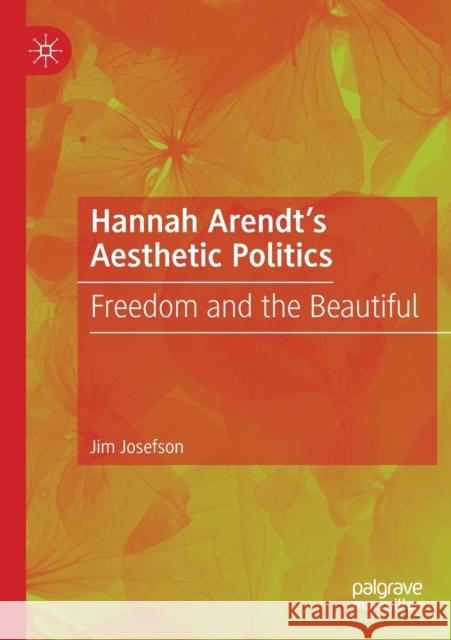Hannah Arendt's Aesthetic Politics: Freedom and the Beautiful » książka
topmenu
Hannah Arendt's Aesthetic Politics: Freedom and the Beautiful
ISBN-13: 9783030186944 / Angielski / Miękka / 2020 / 307 str.
Hannah Arendt's Aesthetic Politics: Freedom and the Beautiful
ISBN-13: 9783030186944 / Angielski / Miękka / 2020 / 307 str.
cena 342,95
(netto: 326,62 VAT: 5%)
Najniższa cena z 30 dni: 327,68
(netto: 326,62 VAT: 5%)
Najniższa cena z 30 dni: 327,68
Termin realizacji zamówienia:
ok. 16-18 dni roboczych.
ok. 16-18 dni roboczych.
Darmowa dostawa!
Kategorie BISAC:
Wydawca:
Palgrave MacMillan
Język:
Angielski
ISBN-13:
9783030186944
Rok wydania:
2020
Wydanie:
2019
Ilość stron:
307
Waga:
0.38 kg
Wymiary:
21.01 x 14.81 x 1.7
Oprawa:
Miękka
Wolumenów:
01
Dodatkowe informacje:
Wydanie ilustrowane











